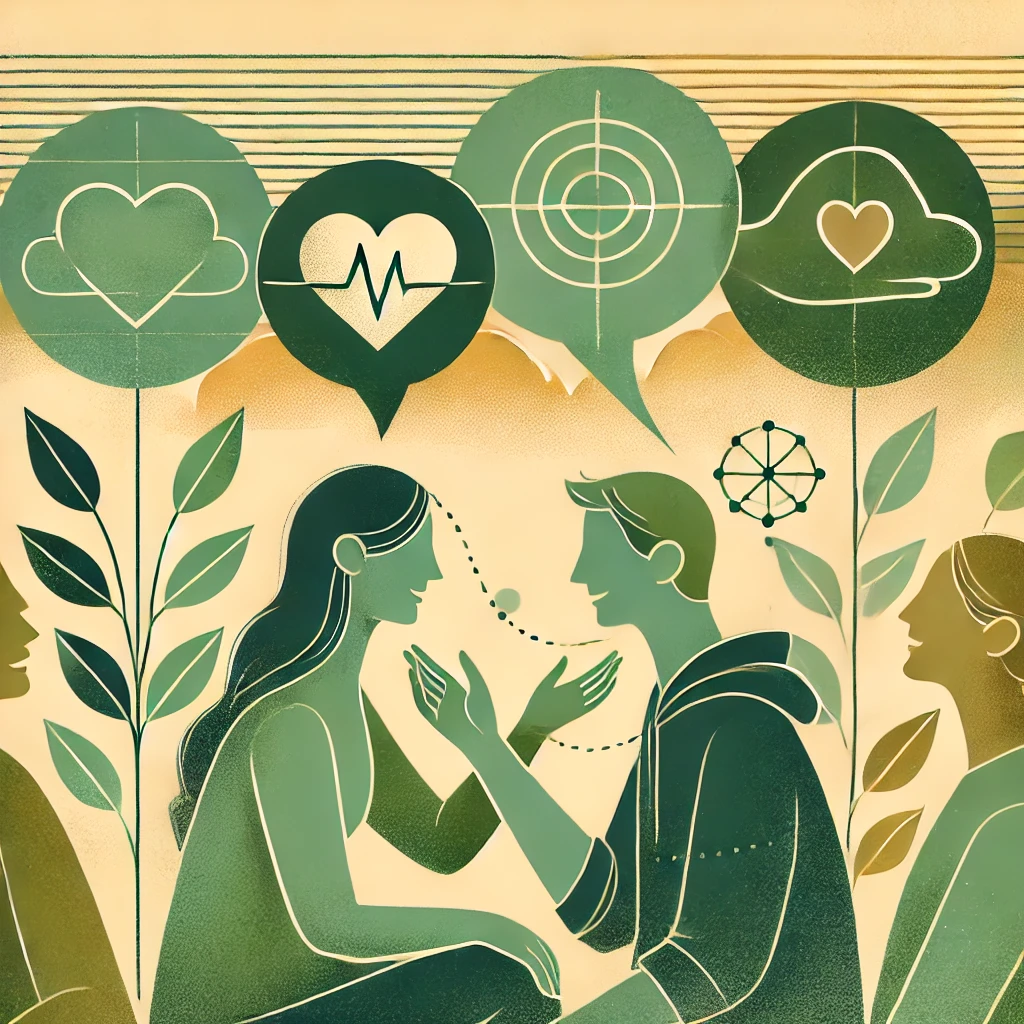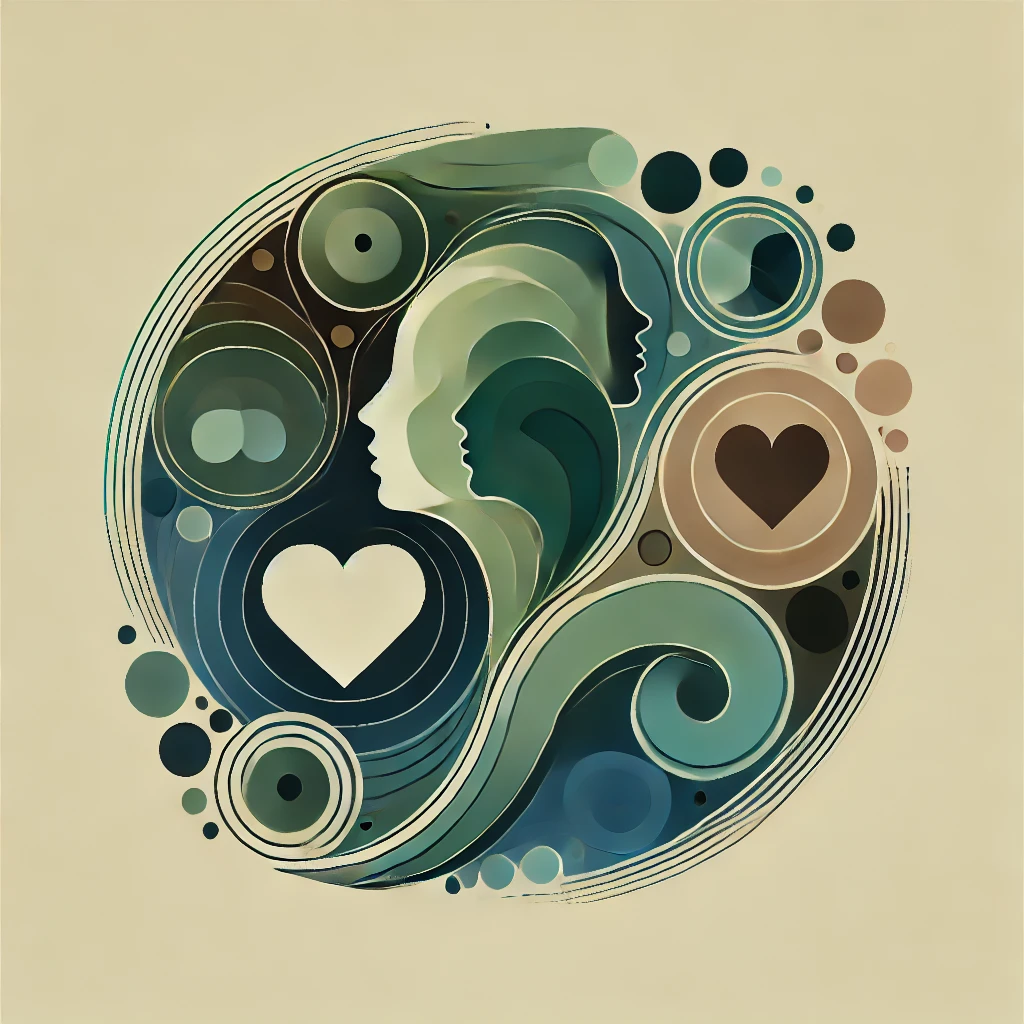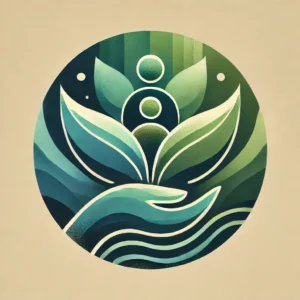Communication
What is Communication and Why is it So Important?
When we talk about communication, we’re referring to more than just words. It’s how we express our thoughts, feelings, and needs, and how we understand others. It’s a core part of our everyday interactions, whether in romantic relationships, friendships, or even at work. Healthy communication creates understanding, connection, and trust.
But why is it so important? Because without effective communication, misunderstandings happen, feelings get hurt, and disconnection grows. Whether we realize it or not, so much of the dissatisfaction we feel in our relationships often stems from how (or how poorly) we’re communicating.
Where and How Do We Learn Communication?
From a young age, we begin picking up communication skills by observing the people around us—our family, friends, teachers, and community. We learn through direct interactions, but also through observing body language, tone, and even unspoken expectations.
- Family dynamics: How we see our caregivers communicate (or not communicate) often sets the tone for how we approach relationships later on.
- School & peer influence: As we grow, our peer groups teach us about social norms and how to express ourselves. Sometimes this can foster open expression; other times, it can teach us to avoid certain topics or feelings.
- Media & culture: We’re constantly influenced by the world around us—media, cultural expectations, and social media. This can create both helpful models and unrealistic ideals.
The Benefits of Communication
· Emotional Closeness: Feeling heard and understood strengthens intimacy and trust in relationships.
· Conflict Resolution: Good communication resolves issues before they escalate, rather than avoiding conflict.
· Stronger Connection: Open dialogue fosters vulnerability, leading to deeper emotional and physical connections.
· Better Decision-Making: Clarity on both partners’ needs helps in making decisions that benefit the relationship.
· Resilience: Effective communication builds resilience, allowing relationships to survive challenges through collaboration.
· Collaboration Flourishes: In teams and communities, good communication enhances teamwork and effectiveness.
· Conflict Decreases: Understanding different perspectives helps to prevent or resolve conflicts in both relationships and communities.
· Sense of Belonging: Inclusive communication makes people feel heard and valued, fostering a sense of belonging in communities.
Common Challenges:
Despite its importance, communication is not always easy. Some of the key challenges people face include:
- Fear of vulnerability: Expressing your true feelings can feel risky. Many people worry about being judged, rejected, or misunderstood.
- Assumptions: We often assume others know what we’re thinking or that they share our perspective. These assumptions can lead to miscommunication.
- Listening difficulties: Truly listening is hard, especially when we’re focused on our own point of view or waiting for our turn to speak.
- Cultural or personal differences: How we express ourselves can vary widely based on culture, background, or personality. What seems “normal” to one person might be completely different for another.
How Counselling or Coaching Can Help
If you find yourself struggling with communication in your relationships or in your community, you’re not alone—and this is where counselling or coaching can really make a difference. Through therapy, you can:
- Build self-awareness: Learn how your communication patterns may be contributing to the issues you’re facing.
- Gain new tools: There are practical techniques to improve both how you express yourself and how you listen to others.
- Practice in a safe space: Working with a therapist allows you to practice new skills in a non-judgmental environment, which can be incredibly empowering.
- Learn conflict resolution strategies: Instead of avoiding conflict, counselling helps you approach it with confidence and understanding.
Key Takeaways:
- Communication is learned: We aren’t born knowing how to communicate well—it’s something we pick up along the way, and it can be unlearned and relearned as needed.
- Healthy communication builds trust and intimacy: Being able to express and understand each other is vital in building strong connections.
- Miscommunication is normal: It happens to everyone. What matters is how we handle it.
- Counselling can be the bridge: Therapy offers a supportive space to improve your communication skills, whether you’re struggling individually or in your relationships.
By understanding the role communication plays in our lives and relationships, you can start to see that it’s a skill, not a fixed trait. This means there’s always room for growth, and seeking help through counselling or coaching is a step toward healthier, happier relationships.
This journey isn’t about getting it “perfect”—it’s about learning, growing, and finding ways to connect more deeply with yourself and others. If you’re feeling like communication is a challenge in your life, don’t hesitate to reach out. Coaching or therapy might just provide the tools you need for more fulfilling relationships.



Post Comment